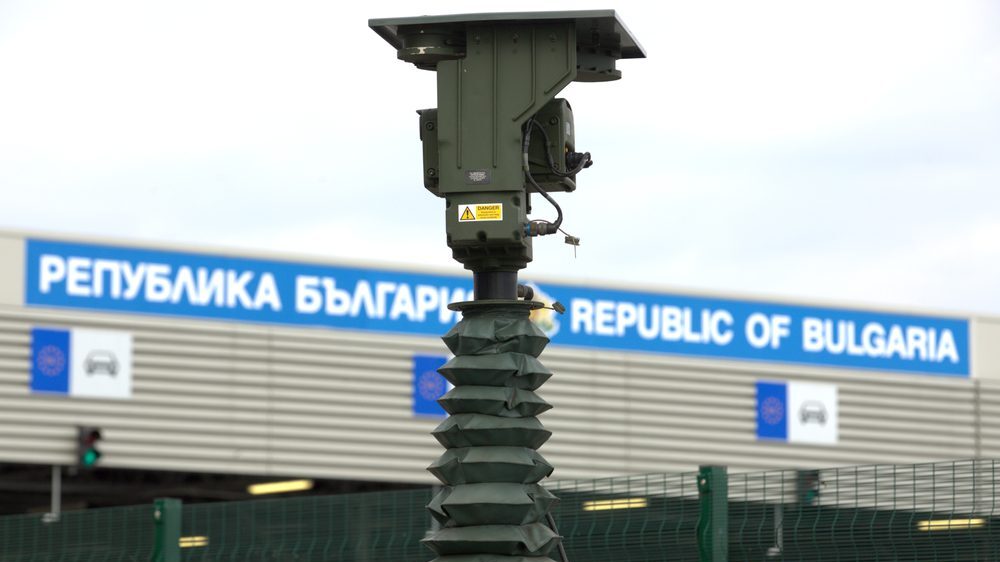
Photo: Veselin Borishev / Shutterstock.com
The European Commission is working hard to deliver on its promise to fund border protection, as agreed upon during the last European Council summit. In a follow-up letter sent to the Council members, Commission President Ursula von der Leyen detailed the current progress in reinforcing the EU’s external borders, including the allocation of a €600 million fund meant for border control infrastructure.
According to von der Leyen, the Commission identified the Bulgarian-Turkish border as the primary target of the infrastructural development, and plans to distribute the funds accordingly:
We need to target our means effectively, to make best use of the EUR 600 million being made available shortly to substantially support Member States with border control and technological equipment. A first objective would be the key border between Bulgaria and Turkey, where the Commission is working with the Bulgarian authorities to finalize an assessment of needs … The Commission is also supporting Turkey to prevent irregular migration flows at the Eastern borders with a new EUR 220 million project for state-of-the-art surveillance equipment.
The choice of Bulgaria is not accidental, as migratory pressure is steadily increasing at the country’s southern borders. Last year, Sofia registered a record number of irregular entries, with a further 43% increase in the first three months of 2023. The local authorities, therefore, welcome any EU initiative aimed at strengthening the border, and plan to use the funds to purchase “equipment, cameras, sensors, and vehicles,” the Bulgarian Ministry of Interior said.
Further reading of von der Leyen’s letter makes clear that the Bulgarian segment of the EU’s external borders is only the first to be strategically reinforced, but certainly not the last. “Frontex has also been taking a fresh look at overall needs at all external borders,” the letter said, adding that the agency was “expected to reach conclusions at its Management Board next week, identifying key operations for strengthening border protection.”
New funds are being made available for non-EU partner countries as well, particularly those along the busiest migration routes in the Balkans and North Africa. According to the letter, the Western Balkans countries are set to receive a €40 million “border protection assistance package” and another €30 million to combat human trafficking in the area.
Furthermore, the letter states that the Commission stands ready to mobilize an additional €110 million this year for various projects in North Africa, on top of the already committed €208 million “to support voluntary return, anti-smuggling cooperation, equipment, and training.”
Apart from strengthening external borders, von der Leyen lists three other focus areas in which the Commission has made progress in the past month: the acceleration of return migration, the addressing of secondary movements within the EU, and the externalization of border management through new partnerships.
The European Council is meeting again on March 23-24, where the EU’s joint border management strategies are expected to take a central role in the discussion again.
